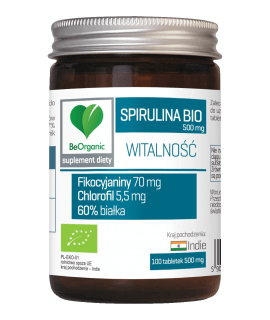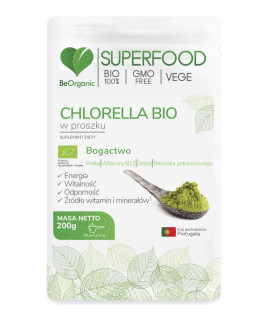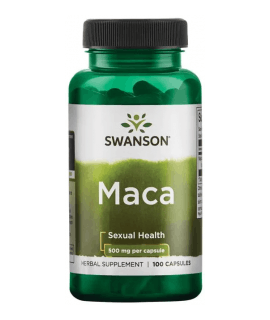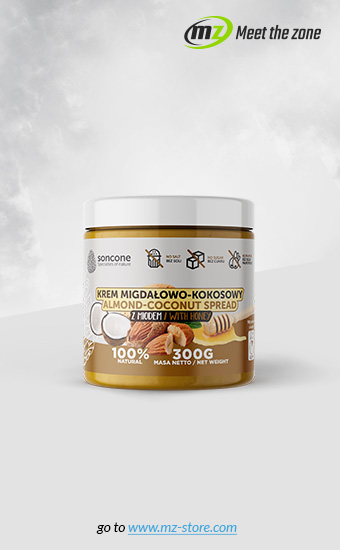One of the most common excuses people have for not eating healthy is that healthy food costs too much particularly organic food that is often priced slightly higher than comparable conventional food. But eating healthy and organic does not have to break the bank, especially if you follow these helpful tips for maximizing nutrition on a budget.
Is it really that expensive?
Because of the rapid growth of the organic sector over the past decade or so, organic products are becoming increasingly more abundant, which means they are also naturally decreasing in cost as the market expands. This in and of itself has made organic food much more accessible to the average family, as many stores now sell organic produce, for instance, at prices that are very close to those for conventional produce.
Organic varieties of certain foods are even becoming the standard at some grocery stores, as many growers and producers are switching to organic just to keep up with demand.
Here are some additional tips for maximizing nutrition for you and your family on a budget
Grow your own fruits and vegetables
Many families have unused yard space that can be utilized to grow fruits and vegetables throughout the year.
Tomatoes, lettuce, blueberries, strawberries- these and many other varieties of produce grow surprisingly well in many areas of the country and require less maintenance than you would probably think. Raising chickens for eggs is another relatively simple way to cut costs and obtain the best eggs you will ever taste.
Try picking a few fruits and vegetables that grow best in your climate and cultivate them as a family. Not only will this help cut food costs while providing a virtually free source of fresh, clean food, but it will also give you and your family the opportunity to learn something new together. There are few things in life more fulfilling than reaping the fruits of your own labour.
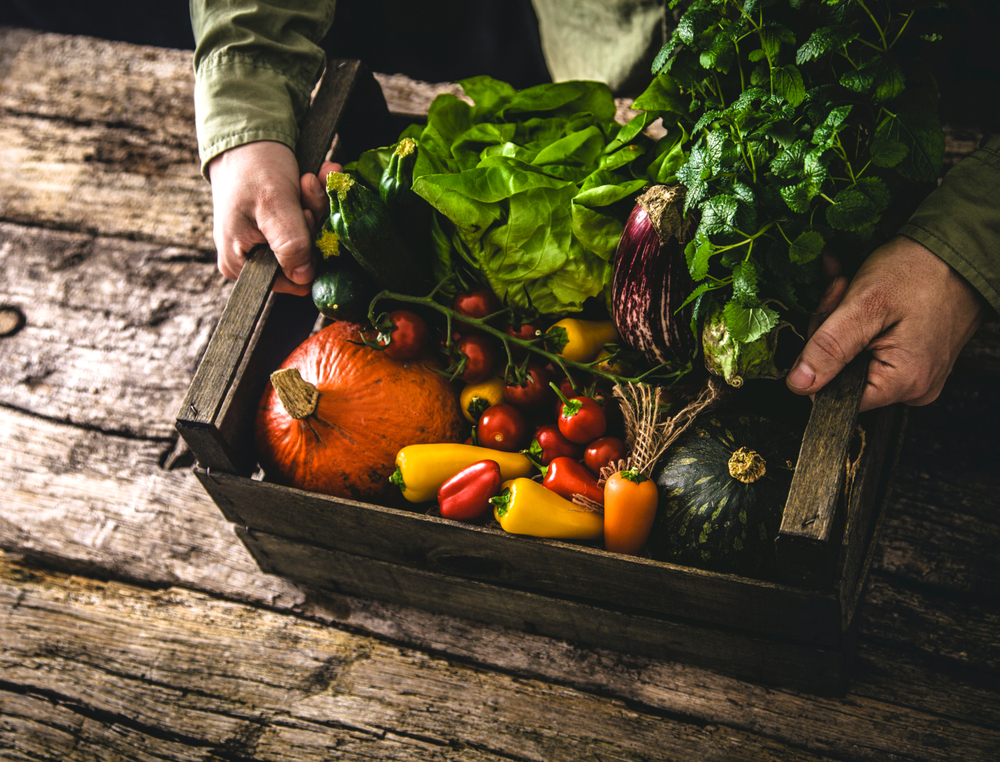
Sign up with a local farm or distributor
This will allow you to receive weekly or bi-weekly boxes of meat, produce, eggs, flours, and other foods, depending on what is grown or sourced by the supplier. Buying regularly and in bulk, is a great way for families to cut food costs while obtaining the highest quality local foods available.
Join a cooperative, visit your local farmers market, and keep an eye out for sales and discounts
Cooperatives are similar to Community Supported Agriculture (CSAs) in that they typically offer membership for a nominal fee, which allows members to obtain deep discounts on food. Cooperatives tend to have a lot more food options to choose from than CSAs, and because members are cooperatively buying in bulk, prices are far lower than they would be at the retail level.
Local farmers markets and health food stores are also viable options, particularly when buying in-season produce. Many health food stores also have clearance shelves that offer deep discounts on overstocked or nearing out-of-date foods. These same stores often carry little coupon books that can be used to obtain discounts on regular and sale-priced items as well. In many cases, the food at health food stores, particularly when combined with coupons and other sales, ends up being cheaper than food sold in the “healthy” or “organic” sections of your local conventional grocery store chain.

